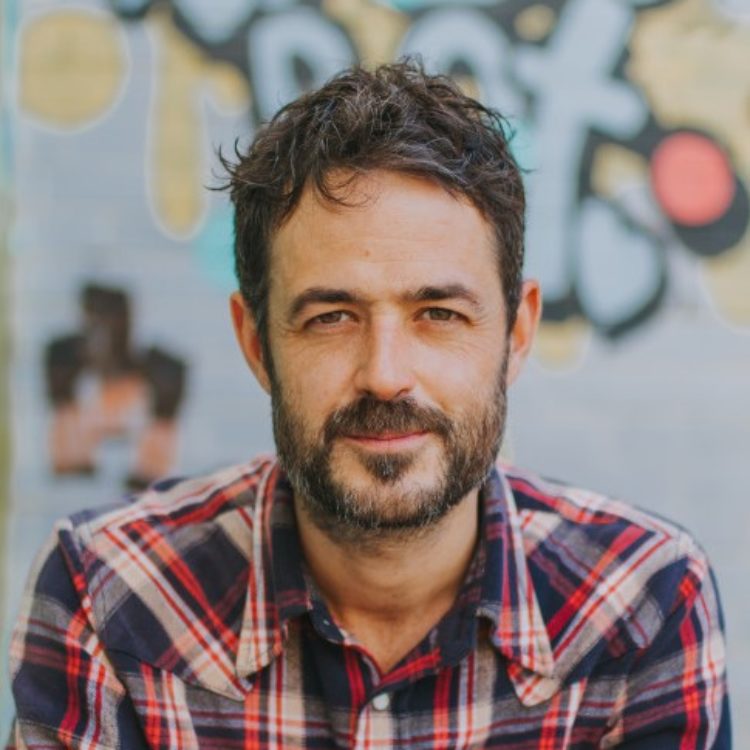In this one-day program, you’ll get the hands-on teaching you need to start writing fiction from Miles Allinson. Working with Miles, alongside your fellow classmates, you will:
- Discover the tools you need to start writing
- Overcome common problems shared by emerging writers
- Understand some of the key fundamentals of writing fiction
- Meet other aspiring writers starting out in a welcoming, supportive classroom.
This course is designed to help you foster ideas, play with structure and techniques, and get your words going – plus practical advice on ‘where to next’. Interactivity is encouraged throughout, and there will be space for questions and answers during each session.
Your course includes:
- A complimentary copy of a recent A&U publication.
- On completion of the course, alumni discount of 15% on future Faber Writing Academy courses and, including Writing a Novel.




